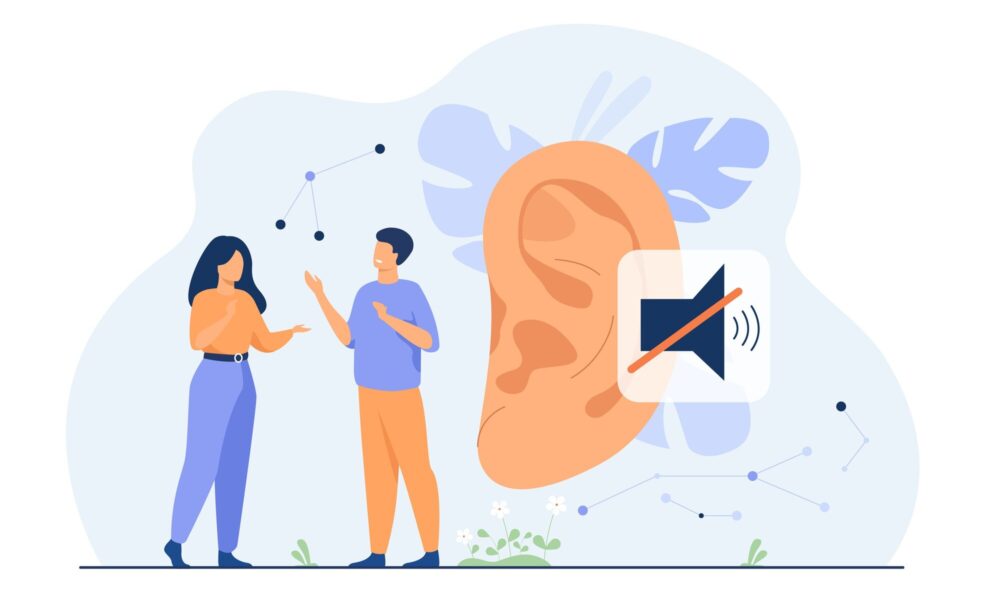5 Cognitive Tools You Can’t Master Coaching Without
5 Cognitive Tools You Can’t Master Coaching Without
Related Articls
Panic attacks can feel sudden and overwhelming, creating a sensation of intense fear and anxiety that can affect both mind and body. While experiencing a panic attack can be frightening, understanding the causes and symptoms can help make them more manageable. This blog delves into what panic attacks are, why they happen, and how to cope if you or someone you know is affected.

Coaching is more than just giving advice or guiding others—it’s about empowering individuals to unlock their potential, overcome challenges, and achieve their goals. To be an effective coach, you need more than just communication skills; you need a set of cognitive tools that help you understand, connect with, and inspire your clients. Here are 5 essential cognitive tools you can’t master coaching without:
1. Active Listening
Active listening is the foundation of effective coaching. It’s not just about hearing words; it’s about fully understanding the emotions, intentions, and underlying messages behind what your client is saying.
How to Use It:
- Focus entirely on the client without interrupting.
- Use verbal and non-verbal cues (like nodding) to show you’re engaged.
- Reflect back what you’ve heard to ensure clarity and build trust.
Why It’s Important:
Active listening helps you build rapport, understand your client’s needs, and create a safe space for them to open up.


2. Powerful Questioning
As a coach, your questions should provoke thought, inspire reflection, and help clients discover their own solutions. Powerful questioning is about asking the right questions at the right time.
How to Use It:
Ask open-ended questions that start with “what,” “how,” or “why.”
Avoid leading questions that impose your own opinions.
Use questions to challenge limiting beliefs and encourage new perspectives.
Example Questions:
“What would success look like for you in this situation?”
“How do you feel this decision aligns with your values?”
“What’s holding you back from taking the next step?”
Why It’s Important:
Powerful questioning helps clients gain clarity, take ownership of their decisions, and find their own path forward.
3. Emotional Intelligence (EQ)
Emotional intelligence is the ability to recognize, understand, and manage your own emotions and those of others. In coaching, EQ is crucial for building trust, empathy, and connection.
How to Use It:
Pay attention to your client’s emotional cues, such as tone of voice and body language.
Validate their emotions without judgment.
Regulate your own emotions to stay calm and focused during sessions.
Why It’s Important:
High EQ allows you to create a supportive environment where clients feel understood and motivated to grow.


4. Goal Setting and Accountability
A key role of a coach is to help clients set clear, achievable goals and hold them accountable for taking action. This requires a structured approach to goal setting and follow-up.
How to Use It:
Use the SMART framework (Specific, Measurable, Achievable, Relevant, Time-bound) to define goals.
Break big goals into smaller, actionable steps.
Regularly check in on progress and celebrate milestones.
Why It’s Important:
Goal setting provides direction and motivation, while accountability ensures clients stay committed to their journey.
5. Reframing and Perspective Shifting
Reframing is a cognitive tool that helps clients see situations from a new perspective. It’s about shifting their mindset from limiting beliefs to empowering ones.
How to Use It:
Identify negative or limiting beliefs your client holds.
Challenge these beliefs by offering alternative viewpoints.
Help them reframe challenges as opportunities for growth.
Example of Reframing:
From “I failed” to “I learned something valuable.”
From “This is impossible” to “What’s one small step I can take right now?”
Why It’s Important:
Reframing empowers clients to overcome mental barriers, build resilience, and approach challenges with confidence.
Final Thoughts
Mastering these 5 cognitive tools—active listening, powerful questioning, emotional intelligence, goal setting, and reframing—will elevate your coaching skills and help you make a lasting impact on your clients’ lives. Remember, great coaching isn’t about having all the answers; it’s about asking the right questions, providing support, and empowering others to find their own solutions.
If you’re serious about becoming an exceptional coach, start practicing these tools today. Your clients—and your future self—will thank you!
Looking to deepen your coaching skills? Explore our advanced coaching courses and certifications to take your practice to the next level


